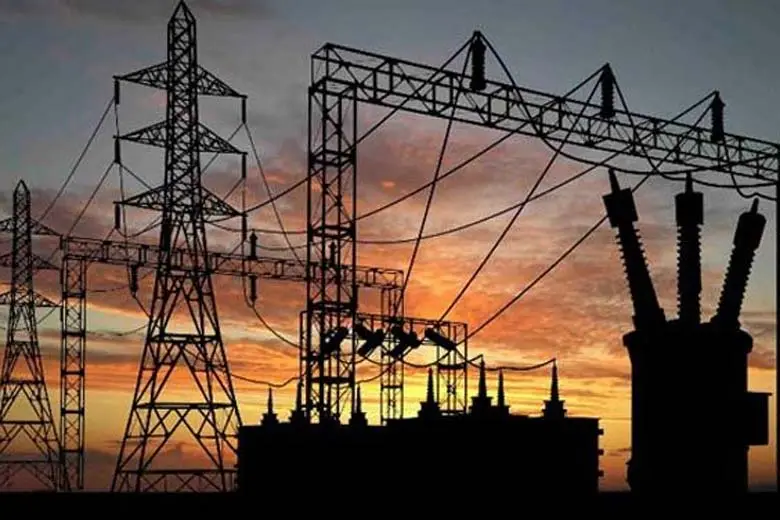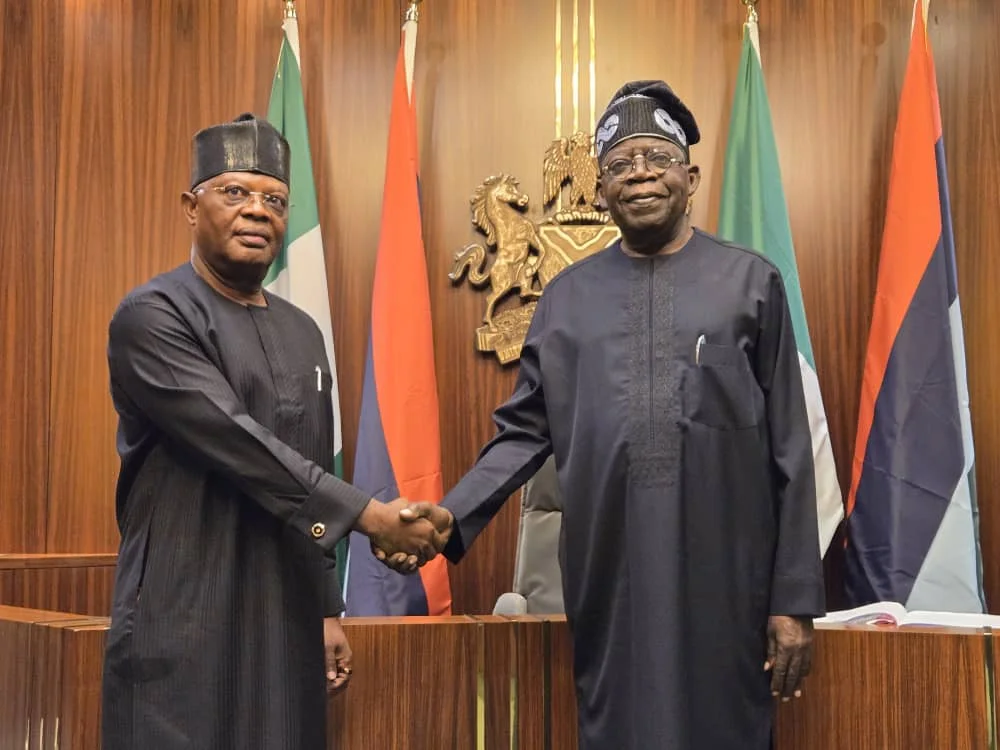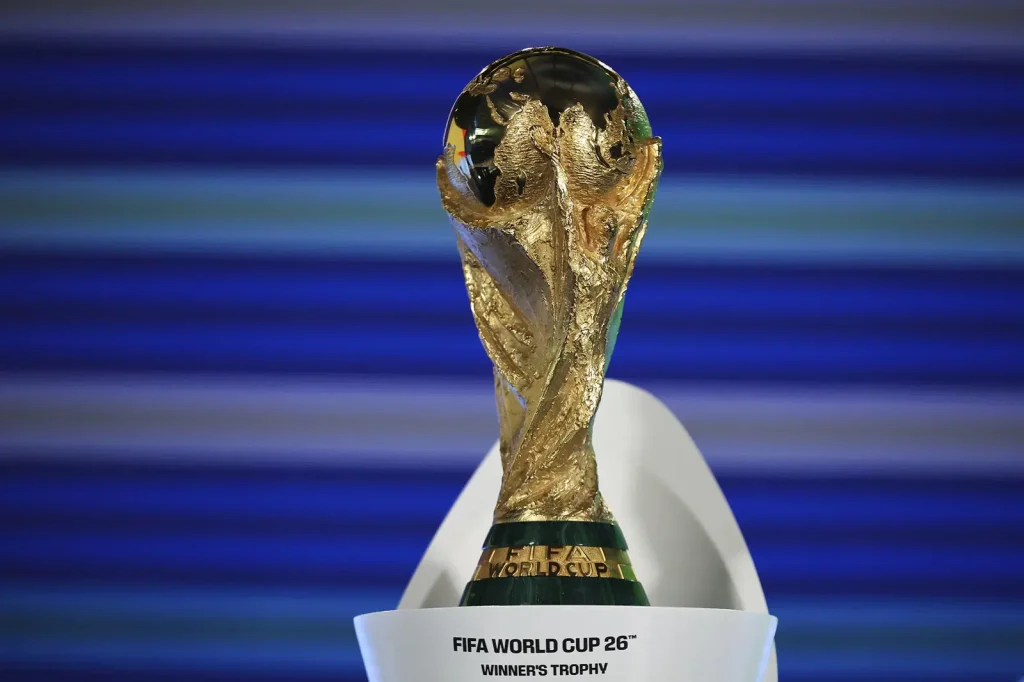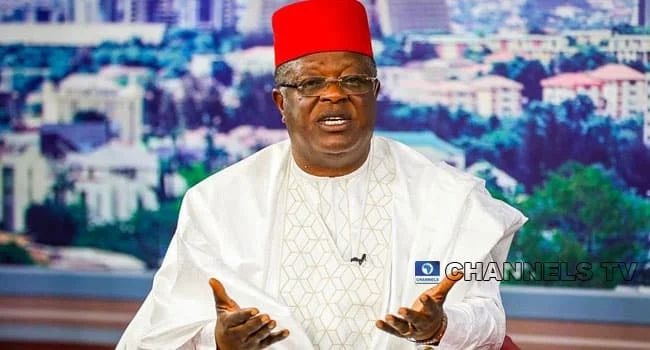September 2025 Blackout: Nigeria’s National Grid Disaster Exposes the Rotten Core of Our Power Sector
It happened again — and this time, it hit differently.
September 10, 2025. Just before midday, Nigeria’s fragile national power grid crumbled like a wet biscuit. Cities plunged into blackness.
Homes went silent. Generators groaned to life across Lagos, Abuja, Jos, Port Harcourt, and beyond, where they could. For millions more, the silence was suffocating, the heat unbearable, and the rage… volcanic.
In a country of over 200 million people, dubbed the giant of Africa, we still cannot guarantee electricity for a single uninterrupted day. Think about that for a moment.
This is 2025, not 1985. Artificial intelligence is taking over the world, electric vehicles are the new normal, and developed nations are already talking about post-fossil fuel economies.
Meanwhile, Nigeria is still stuck in grid collapse limbo, flip-flopping between power and blackout like a toxic relationship with no closure.
Worse still, the government and its agencies respond to each collapse with the same tired press releases, hollow promises, and technical gibberish, while the people, you, me, everyone, are left to sweat, curse, and scroll Twitter for memes and outrage.
But this isn’t funny anymore.
This is national sabotage disguised as incompetence.
It’s a systemic failure that’s now a national disgrace.
And if we’re being honest, the September 2025 blackout is just the latest chapter in a long, bloody history of betrayal, corruption, and failed leadership in Nigeria’s power sector.
So let’s break it down.
THE COLLAPSE: One Glitch, Total Chaos
At exactly 10:20 AM GMT, Nigeria’s national grid flatlined, again. A generator tripped somewhere (details always suspiciously vague), and within minutes, the entire system spiraled into a catastrophic domino effect.
What should’ve been a minor hiccup turned into a full-blown blackout.
The reason? The grid has no redundancy, no shock absorbers, no backup power reserve. It’s like walking a tightrope with no safety net, one gust of wind and the whole circus crashes.
Yes, again.
THE PATTERN: A Broken Record Nobody Wants to Fix
Let’s be real: this wasn’t a freak accident. This was routine.
Nigeria’s national grid has collapsed over 100 times in the last decade, with no meaningful consequences, no real reforms, and no heads rolling. Just empty statements from the Transmission Company of Nigeria (TCN) and the same old technical jargon we’ve all memorized by now: “A sudden drop in system frequency…” “Generator imbalance…” “Restoration efforts are ongoing…”
Give us a break.
Here are just a few recent examples:
* January 2025: Grid collapse #1 of the year.
* February 2025: Grid collapse #2. TCN claims “no collapse” despite massive outages.
* March 2025: Grid collapse #3. Lights out in Lagos, again.
* September 2025: Grid collapse #4 (and counting).
How is this normal?
How are we still paying estimated bills for non-existent power?
Who’s Really to Blame?
Here’s the bitter pill: this crisis is not accidental. It’s political.
* Leaders have looted billions in power sector funds.
* DisCos (distribution companies) exploit customers with crazy bills, delivering more blackouts than electricity.
* The Presidential Power Initiative with Siemens? Still mostly PowerPoint slides and promises.
* The National Assembly? Mostly silent, unless there’s fuel money involved.
Peter Obi called it a “recurring decimal” and an insult to Nigerians’ intelligence. And he’s right. But words alone don’t fix darkness.
THE ANGER: Nigerians Have Had Enough
Nigerians aren’t just tired — we’re traumatized. This isn’t about inconvenience anymore. It’s about dignity, survival, and betrayal.
You May Like: Rivers State: How I Saved ₦5 Billion from Ghost Workers – Ibas
Online, the outrage is explosive: “Estimated billing with no light — is that not armed robbery?”
“We generate our own power, fetch our own water, build our own roads — what’s the government for?”“Darkness is now a policy.”
This isn’t just frustration. It’s a nationwide identity crisis. Every blackout reminds us that we are being failed — deliberately.
From Powerless to Powerful
The September 2025 grid collapse wasn’t just another blackout. It was a wake-up call. A thunderclap in the void. A warning that Nigeria’s foundation is still broken, and that darkness is no longer a technical problem. It’s a symbol of everything else that’s wrong.
If we don’t fix this, we won’t just lose power.
We’ll lose the country.







